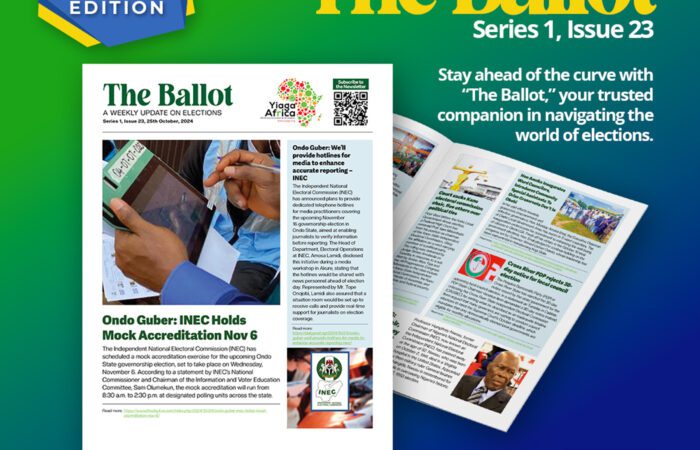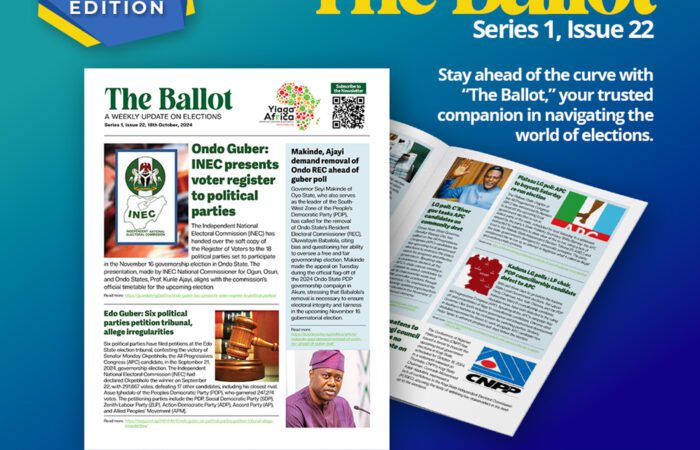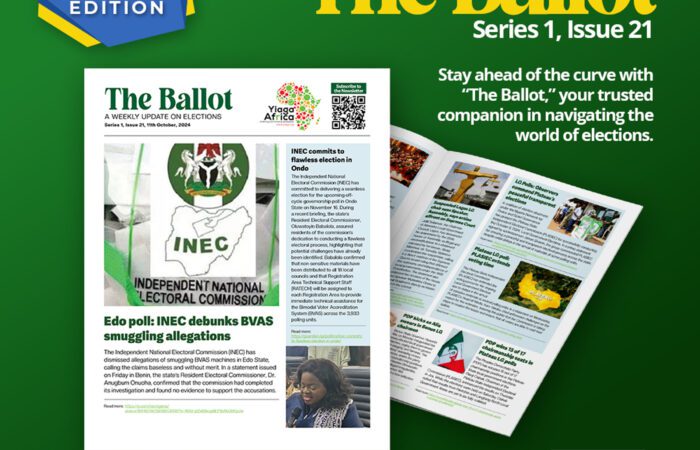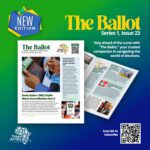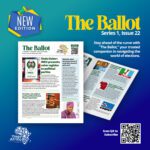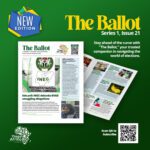It is that time again when political parties, politicians and their supporters use every tool possible to canvass for votes while most times demonizing opponents. As political campaigns officially commence in full-pledge, recent history has shown that politicians have made use mainly hate speech, demonizing propaganda and sometimes physical attack in a bid to intimidate opponents.
Previous elections, specifically the 2011 Presidential elections came with a lot of early warning signals of violence which eventually degenerated into post-election violence. Even though the 2015 presidential elections were relatively peaceful around the country, the rifeness of social media tools especially Facebook, Instagram and Twitter ignited the online hub.
At this juncture, it has become pertinent for election stakeholders especially security agencies to build an early system to track violence indicators ahead of the 2019 general elections. Desperate politicians and government officials in recent times have utilized various stratagem to frustrate or attack perceived opponents thereby undermining the process.
Nigerians have witnessed militarization of elections especially during off-circle elections in Ondo, Anambra and Ekiti where soldiers allegedly intimidated both citizens and perceived political enemies. Although this may be in a bid to curb undue immigration and undue movement of people from one location to another during election, which itself is an indication of violence that should be checkmated. People trooping into communities few days to elections usually raises apprehension amongst residents as previous experience has shown that strangers could be imported into communities to disrupt the electoral process on election day.
Hate speech is gradually becoming a norm in Nigeria’s electoral campaign as politicians have cultivated the habit of demonizing opponents or encouraging their supporters to defame others’ character. This has persistently resulted to social media warfare which ends up leading to verbal and physical attacks that has in recent times degenerated into destruction of billboards and posters. As a matter of fact, a major Presidential candidate in 2015 was reportedly attacked by unknown overzealous followers. Imagine what a response by Presidential security aides would have been when former President Goodluck Jonathan was reportedly attacked by some overzealous political supporters during his campaign in Bauchi.
While it is pertinent for Nigerian Police and Security agencies to remain on the alert, it is vital to say that violence can equally erupt before elections due to lack of information on the electoral process itself. Thus, the Independent National Electoral Commission (INEC) has a major responsibility of providing adequate information especially regarding collection of Permanent Voters Card, display of Voters Register and delimitation of Polling Units and Voting Points, election day process as observation report by YIAGA AFRICA shows poor awareness of Display of preliminary register of voters.
For example, the ban on the use of phones at voting cubicle caused a controversy at the Osun Governorship Elections. As a matter of fact, some security agencies and by extension the voters were not elucidated on the applicability of the decision by INEC as it was believed that the use of phones was banned completely at polling unit rather than just voting cubicle. This scenario can easily lead to violence on election day.
Also, Voter inducement is another menace that can trigger violence before elections or on election day. Nigerians are not oblivious to the incidents where political party meeting or engagement ends up in fisticuffs due to disagreement on the sharing formula of financial inducement received from politicians. This can no doubt impact on the sanity of the election environment.
As Nigerians count down to the all-important 2019 General Elections, it is hoped and believed that the era of destruction of campaign posters and billboards is over even though this ugly scene was experienced in the recent off-circle elections in Ekiti and Osun. This is another easy way of heating up the pre-election environment thus politicians have a role of curbing its supporters against destruction of opposition campaign and publicity materials. Similarly, attack on campaign trails has been rampant in previous elections is no doubt another indicator of violence especially during campaign periods like this. Thus, it becomes necessary for security agencies to provide adequate protection for political parties during campaign trails to avert unnecessary hijacks.
At this point it becomes important to mention that the responsibility of having a peaceful pre-election environment doesn’t lie solely on the shoulders of INEC and security agencies alone. Political parties, Non-Governmental organizations and by extension the Nigerian citizens have crucial roles to play. In this vein, it is a cheering news to see that the leading election observation group, YIAGA AFRICA through its Watching The Vote Project has deployed 822 observers across all 774 Local Government Areas to observe the 2019 Pre-election environment with the aim of building early warning signals against any ills that may impact on the elections. It is advisable that state and non-state actors key into this to provide adequate information to election stakeholders to enhance a peaceful and credible poll come February and March 2019.
Moshood Isah is the Media Officer of YIAGA AFRICA
He tweets @Moshoodpm

